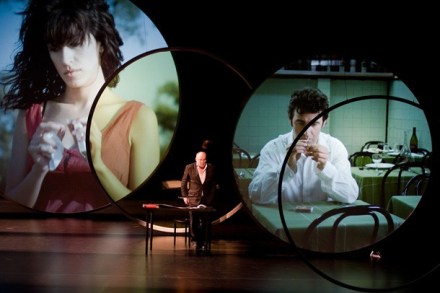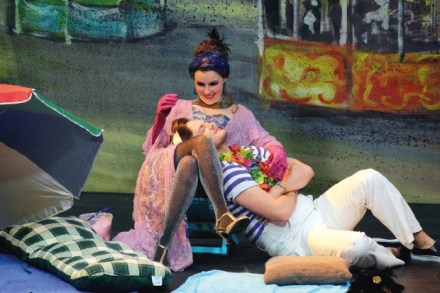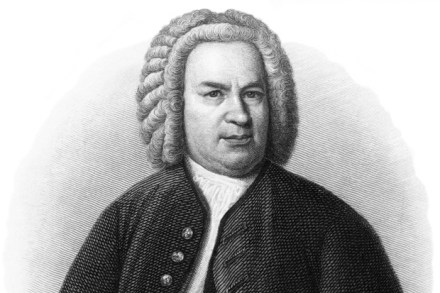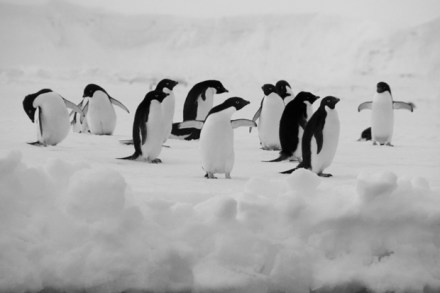Doomed youth
It’s often said that there are only seven basic plots in literature. When it comes to biographies of rock stars who died young, by contrast, there’s usually just the one: somebody mysteriously talented emerges from an unlikely background to achieve stardom, before being destroyed by drink, drugs and fame. Yet, as the film Amy proved last year, it’s a plot still capable of packing a real emotional punch — and, as Cowboy Song proves now, the life of Phil Lynott from Thin Lizzy embodies it more vividly than most. Certainly, there’s no faulting the unlikeliness of his background. Lynott was born in 1949 to an Irish teenager who’d come to


















